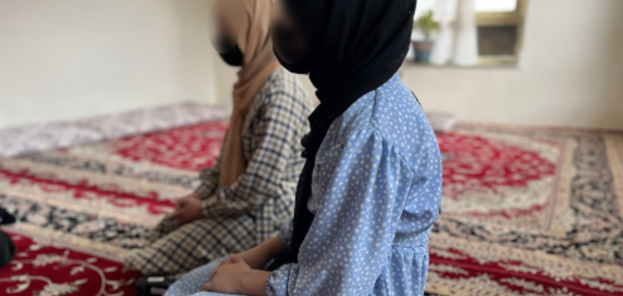‘If We Can’t Speak, Why Live?’: Afghan Women Speak Out Amid New Taliban Restrictions

In the wake of a new law imposed by the Taliban restricting women’s freedom of speech and movement, Afghan women are raising their voices in defiance, questioning their future under the oppressive regime. The BBC recently spoke with several women who expressed their heartbreak, frustration, and fear over the increasing limitations placed on their rights.
The Taliban’s latest law further curtails women’s ability to engage in public life, silencing their participation in politics, media, and education. This comes after a series of harsh restrictions since the group regained power in 2021, reversing the progress Afghan women made over the past two decades. The new rules have left many women feeling trapped, with one woman stating, “If we can’t speak, why live?”
For many Afghan women, these laws not only represent a devastating setback but also a profound loss of identity. Professionals who once thrived as journalists, teachers, and activists are now confined to their homes, unable to contribute to society or advocate for their rights. “I studied for years to become a lawyer,” one woman told the BBC. “Now I’m told I cannot work or even voice my opinion. It feels like they want to erase us.”
The Taliban’s harsh policies have sparked international outrage, with human rights organizations condemning the treatment of women in Afghanistan. However, the regime remains unyielding, enforcing strict interpretations of Islamic law and threatening severe punishment for those who defy the new mandates. Despite the risks, some women continue to organize in secret, determined to resist the crackdown on their rights.
As the world watches, the fate of Afghan women hangs in the balance. Their resilience and determination to be heard, even under extreme duress, serve as a powerful reminder of the ongoing struggle for women’s rights globally. Many fear that without international intervention, the situation will only worsen, leaving Afghan women to fight a lonely battle for basic human dignity.





